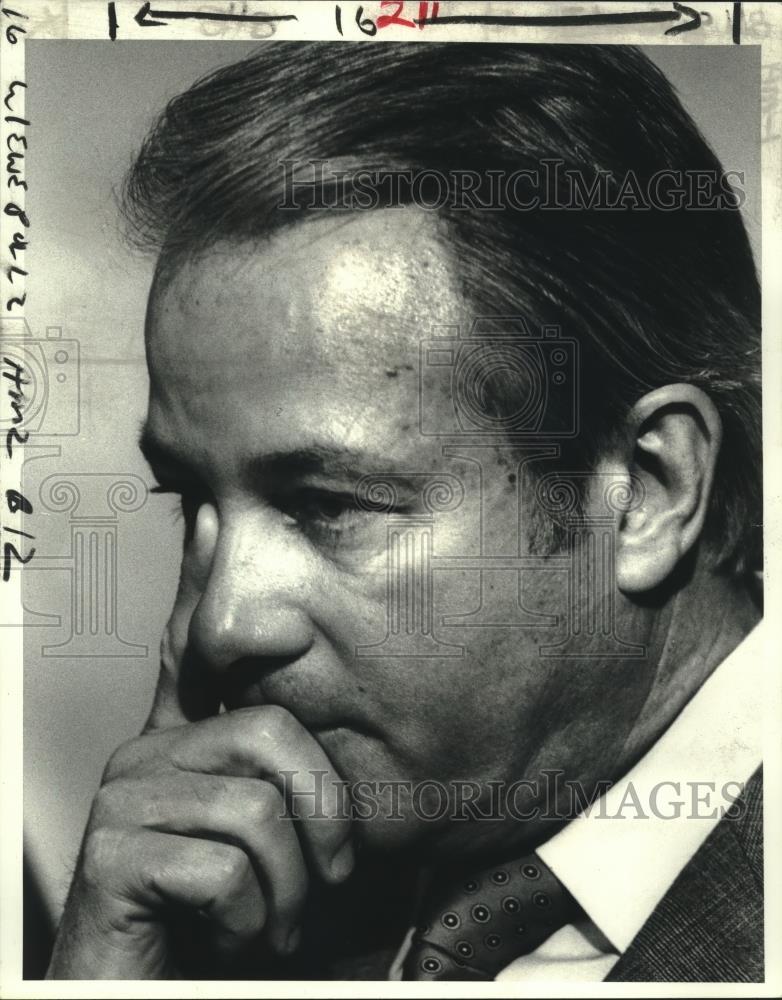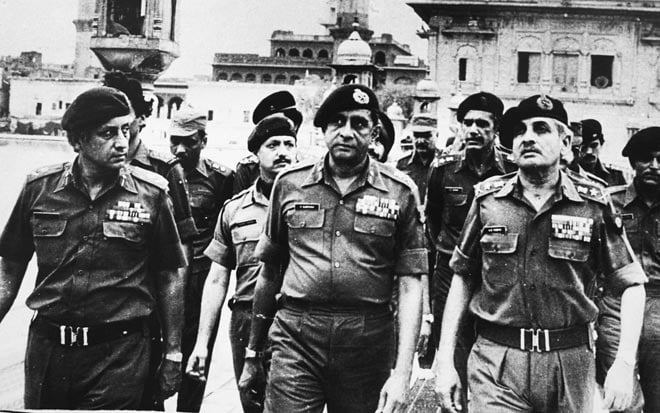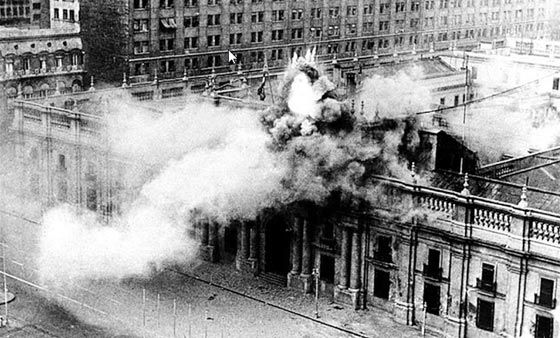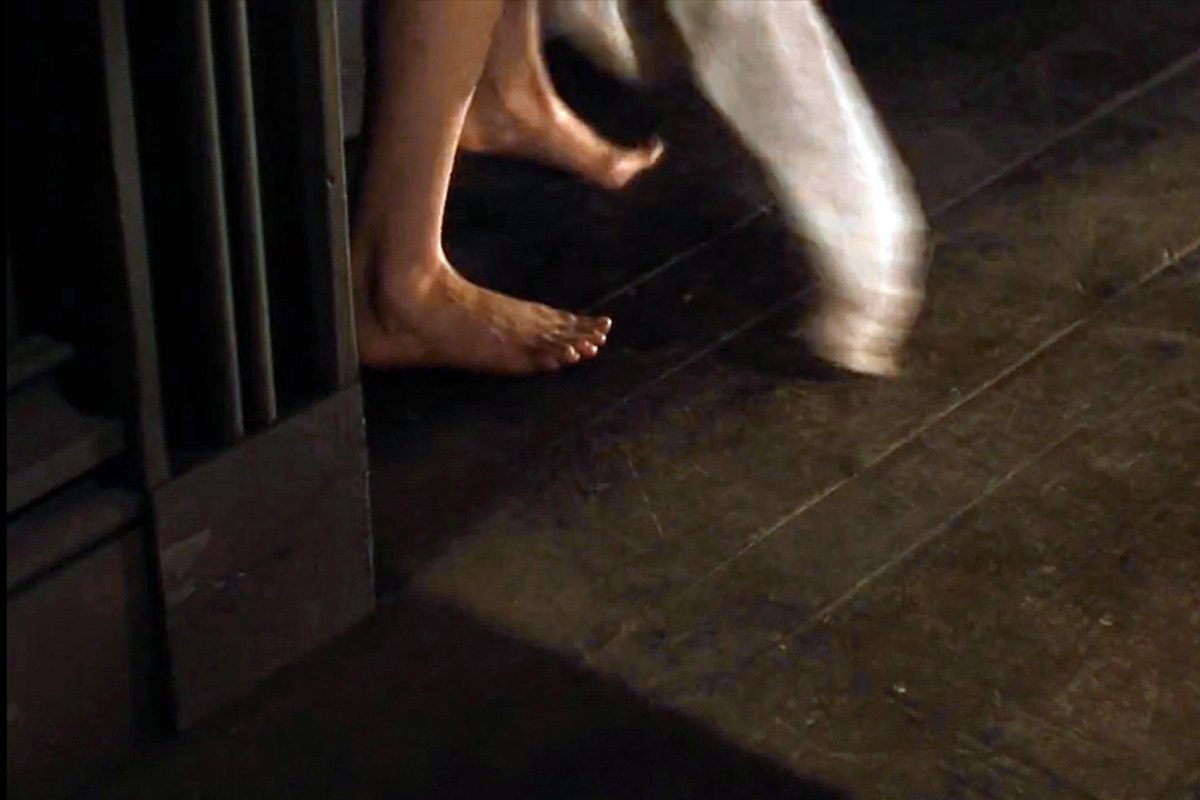Chapter 2: Instigating a little chaos!
Chapter 2: How to instigate a little chaos
Wednesday, October 31, 1984
Somewhere in New Delhi, India
In the aftermath of the assassination of Prime Minister Indira Gandhi hours earlier, several ambitious politicians inside the Indian Parliament began to start using their favorite tool: finding a scapegoat and pinning blame on for the assassination. It was the egostical Congress Party members of Parliament, who used the assassination as an excuse to pin all of the blame on Sikhs; the conspiracy in putting those perceived Sikhs in their place was also instigated by members of the New Delhi Police Deparment including several Hindu civilians as well as the super wealthy elites.Wednesday, October 31, 1984
Somewhere in New Delhi, India
Depending on whom you believed or theorized on what really caused all of this chaos, going back to the moment Indira was officially declared dead at the All India Institute of Medical Services (AIIMS), including when her death was announced on All India Radio (AIR), many people who were already angry and upset at the news, began gathering around the AIIMS during the afternoon and began shouting ugly, heinous slogans such as "Khun ka badla, khun se lenge" (Blood for Blood) including other slogans like "Sardar Quam Ke Ghaddar" (Sardars ('Sikhs') are the nation's traitors) which was broadcasted by the country's state-owned Television station Doordarshan. Other incidents included in and outside of the area, including the neighboring constituency of Congress Councilor, Arjun Dass. Around 5:20 PM, when the vehicle of Indian President Zail Singh, himself a Sikh, was arriving at the AIIMS, it was greeted by heavy stones from angry people and those, who were furious at the President, some even accusing him of being complicit in the assassination.
Now despite the ugly skirmishes, there were no signs of violence on this day, (little did we know some would exploit the power vacuum to unleashing their violent rage on unfortunate folks in a previous PoV); now some would theorize a small measure of violence was only considered as a 'localized and spontaneous reaction' from an angry mob angered by the assassination of the late three-term Prime Minister of India.
However, things would take a dark and sinister turn between the late hours of October 31st and November 1st, several Congress Party members including local leaders held secret meetings in order to mobilizing their supporters; among those involved in these meetings, Congress Member of Parliament Sajjan Kumar and Congress Trade Union Leader and Metropolitan Councilor Lalit Maken, were determined to send an aggressive, vicious message....










.png)
